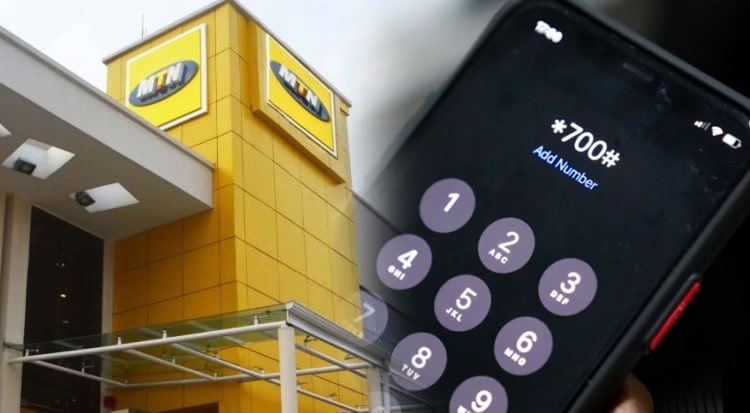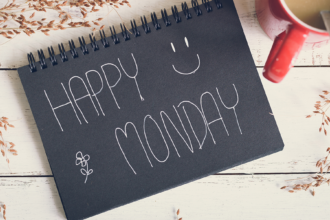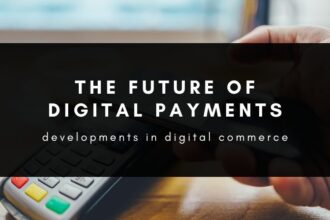What Is the New USSD Billing Model? Let’s have a glance
Nigeria’s telecom landscape just changed. From June 18, 2025, mobile users will pay for USSD banking directly from their airtime, not their bank accounts. This shift comes through the USSD billing model mandated by the Nigerian Communications Commission (NCC) and backed by the Central Bank of Nigeria (CBN). Here’s everything you need to know about this major update.
What Is the New USSD Billing Model?
The new USSD billing model is also called the End-User Billing (EUB) system. Instead of banks paying telecom providers for USSD sessions, mobile subscribers will now pay directly using their airtime. Each session (up to 120 seconds) will cost ₦6.98, deducted after users opt in.
Why the USSD Billing Model Was Needed
1. Fixing the Bank–Telco Dispute
Previously, banks billed consumers directly and paid telcos later. But a huge ₦250 billion debt went unpaid, leading to service disruptions and mistrust between banks and telcos.
2. Increasing Transparency
With the new USSD billing model, customers receive a charge prompt, pay only for completed sessions, and avoid double billing.
3. Protecting Services
Telcos threatened to disconnect banks over remaining debts. The NCC stepped in to avoid interruptions by enforcing the USSD billing model.
How the New Model Works
- ₦6.98 per session (max 120 seconds) charged from airtime
- User prompt before billing starts
- Only successful sessions are billed
- No extra charges for failed USSD attempts
- Banks must inform customers beforehand
- Support guidelines provided by telcos and banks
Who’s Who in the New Model
ALTON (Association of Licensed Telecom Operators) announced that telcos like MTN, Airtel, 9mobile, and Glo will now collect USSD fees directly from airtime. NCC set pricing and billing rules, while CBN helped settle the USSD debt and monitor bank compliance.
Impact on Users
Pros:
- Clear billing and no surprise charges
- Lower risk of service disruption from unpaid bank-telco bills
- Prompt-based payment ensures consent
Cons:
- Requires airtime before using USSD
- Extra ₦6.98 per session adds up over time
- Some users feel the model lacks transparency without public awareness
Customer Feedback
Some users, including BCAN and ATCIS-Nigeria, are concerned about added costs and lack of public consultation. NATCOMs, however, says the new USSD billing model brings needed clarity and could drive better telecom services.
Also Read: NIBSS Unveils National Payment Stack to Transform Instant Payment in Nigeria in 2025
Telcos’ Reaction
Telcos welcome the model. ALTON’s Chairman Gbenga Adebayo says it marks a major step forward for transparency and financial inclusion. MTN, Airtel, 9mobile, and Glo have completed migration to the new system.
Banks’ Role
Banks like GTBank, UBA, FCMB, and UBA have informed customers about the shift to airtime billing, aligning with NCC directives. Some institutions will still waive USSD fees or absorb them, citing high profits.
Transition Rules & Timeline
- June 18, 2025: Billing shifts to airtime for eligible banks
- Banks must clear USSD debt and meet regulatory standards
- Failure to comply means their USSD codes may be disconnected
How It Affects Access
USSD remains vital, especially in rural areas where internet access is limited. Telcos assure the new model won’t affect service availability, and apps, internet banking, and ATMs remain options.
What to Do as a User
- Top up airtime before using USSD
- Look out for opt-in prompts before charges
- Call your telco for network issues
- Contact your bank for transaction errors
- Ask for transparency and demand clear communications
Also Read: The Future of Digital Payments in Nigeria. Positive & Powerful in 2025?
Looking Ahead
If telcos reinvest airtime fees into better infrastructure, users could get faster, more reliable USSD connections. The new USSD billing model may also reduce billing disputes and keep Nigeria on track toward a cashless economy.
The switch to the USSD billing model marks a major change for mobile users in Nigeria. It makes USSD payments clearer, resolves old bank-telco debts, and strengthens financial inclusion. But users must stay aware, top up airtime, and demand clarity as the system rolls out.
This update could lead to better USSD banking, smoother telecom services, and fewer hidden fees, all thanks to a simple airtime charge of ₦6.98 per USSD session under the high-visibility USSD billing model.





